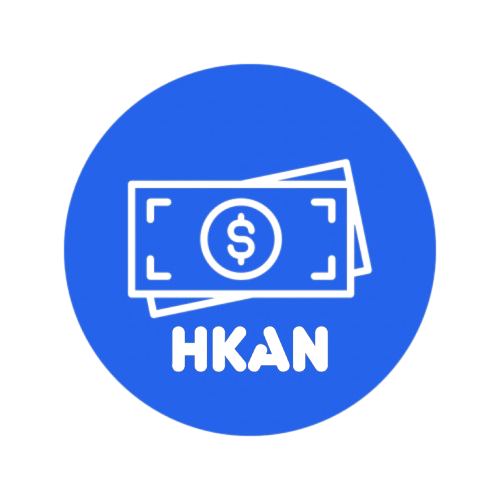J.P. Morgan Authorizes $50 Billion Share Buyback Program After Fed Stress Test
HKAN | Jul 2
J.P. Morgan Chase & Co., one of the U.S.'s largest banks, has announced a $50 billion share repurchase program, following its successful completion of the 2025 Federal Reserve stress test. The bank also raised its quarterly dividend to $1.50 per share—a 7.1% increase—highlighting its strong financial position .
Why This Matters for Investors
Massive capital returns: A $50 billion buyback is one of the largest in banking history—an aggressive move to return cash to shareholders .
Improved dividend yield: Quarterly payout increased from $1.40 to $1.50 per share—a 7% raise—with additional capital flexibility.
Strong capital buffer: J.P. Morgan now holds a 2.5% stress capital buffer and a 14.2% CET1 ratio, indicating resilience under Fed’s recession simulation .
How It Reflects U.S. Banking Trends
The announcement aligns with a broader move by major banks—Bank of America, Wells Fargo, Morgan Stanley, Goldman Sachs, and Citigroup—all of whom increased dividends or buyback authorizations after passing the stress test .
This wave of capital return initiatives reflects a regulatory shift toward lighter stress test scenarios, allowing stronger balance sheets and more shareholder value distribution .
Market Implications
Share buybacks can support J.P. Morgan’s stock price and improve EPS (earnings per share).
A stronger dividend yield (~2.1% at current prices) attracts income-oriented investors.
Combined with lower capital requirements, this could increase investor confidence and bank stock appeal.
Final Take
J.P. Morgan’s $50 billion share buyback and dividend raise demonstrate confidence in its capital strength and reflect a broader banking sector trend toward returning capital in the wake of eased stress test outcomes. Investors should monitor upcoming stock performance and similar moves from other major banks.
💬 Comments
No comments yet. Be the first!
Please log in to post a comment.
